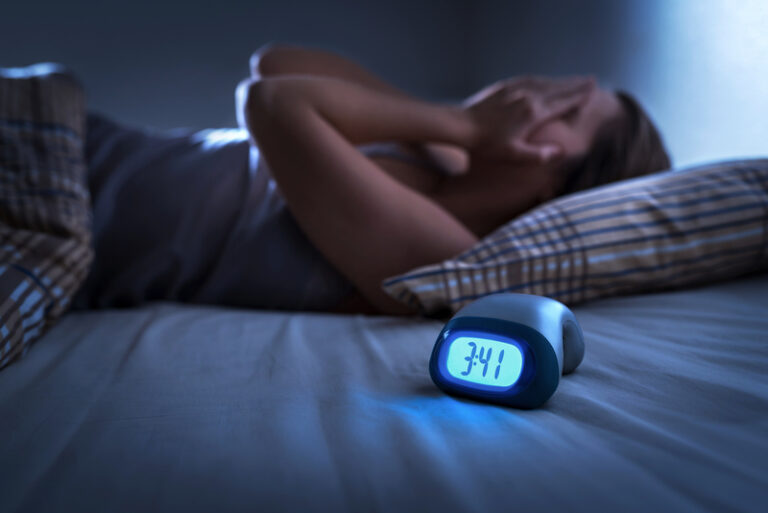Sleep issues plague millions of Americans resulting in financial complications, lack of productivity, relationship stressors and more. Add to this the stress of all that is going on in the world today and we just keep looping through sleeplessness and being in our head. How do we sleep during times like this?
First of all, thoughts and fears rolling through your head is not the only reason you may not be sleeping well. But if it is, try reading or watching something on TV (with blue light blockers in place) that is non-stressful (no adrenaline-pumping shows) and even boring, enough to take your thoughts somewhere else.
Use nighttime routines that encourage sleep. Dim your lights early and stay off of cell phones, computers, laptops, bright readers such as Kindle (you can greatly reduce the brightness and switch to a black page with white text though). Wearing blue-light blocking glasses help most people, but it is still good to turn off all electronics 2 hours before bed if possible.
If you’re in bed and your brain goes back to whatever fears or stressors are in your life, try brain-dumping. When your brain is going, there is a part of it that also keeps saying “don’t forget this in the morning”, further keeping your brain alive. To remedy that, keep a pen and post-it-notes under your pillow. When you have a thought, write it down. Don’t sit up, don’t turn on a light, just write it down, eyes closed. Then tear off a page and throw it onto the floor by your bed to prevent you from writing over it again, making it illegible in the morning. My stack of notes on the floor is a good indication to someone of what kind of sleep I may have had that night! It works amazingly well.
Make sure that you are eating appropriately before bed. Light foods that are low carb and some easy-to-digest protein, but a small amount of it (about the size of a Baby Bel cheese). You want your body to rest, not be busy digesting, so protein is important, but not too much. Doing this helps your blood sugar stabilize. If you had a large meal earlier, eat a tiny snack before bed. Try to allow as close to 4-5 hours between dinner and bedtime as possible, with the exception of the snack. Many mid-night, mid-morning wake-ups are a result of unstable blood sugar. There’s more you can do here, but this is a start.
Avoid the use of Melatonin supplements. Made by the pineal gland in the center of the brain, your own melatonin helps your body know when to sleep and when to wake. Exogenous melatonin (consumed internally, rather than made by your body) can cause a dependency on it and circumvent your own body’s ability to produce it. An amino acid, L-Tryptophan is needed to make melatonin. You can get some extra l-tryptophan from red meat, poultry, fish beans, lentils, nuts, seeds, eggs and oats.
Sleeplessness can also be caused by hormonal imbalances, health problems such as pain, medication side effects, digestive problems and the list goes on. Come see us and let us get down to the cause of your sleeplessness, so despite all the chaos going on around you, you can sleep well.
©2020 Holly A. Carling, O.M.D., L.Ac., Ph.D.







